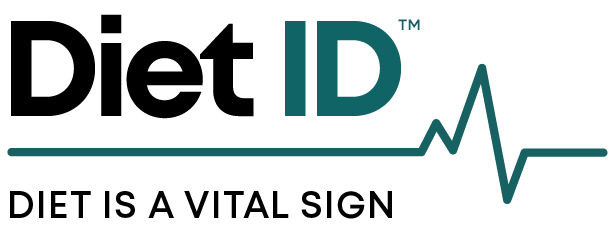Mindful eating is a behavior strategy rooted in mindfulness practices, allowing us to acknowledge, fully experience, and manage feelings, thoughts, and our senses around food and eating. Mindful eating can help us to manage portion sizes, control cravings, and eat more healthfully overall.
Many of us are feeling grateful during times where others are not as fortunate. We are reflecting on our pasts and recognizing the value of the gift of NOW. We are learning to appreciate the present moment. When we eat mindfully, we are in the moment, and we enjoy the experience, rather than just eat to get it over with and on to the next thing. The act of eating becomes the thing we’re focused on during meals. And that plays a huge role in the way we approach, enjoy, honor, and relate to food.
Food is more than nutrition. Food is pleasure, food is comfort, and food is connection. We get to experience this several times a day. But how we think about eating will help determine whether these experiences are positive or negative, and whether these experiences will nourish or damage our health. Mindful eating approaches encourage positive experiences that enhance health. Here are a few examples.
Hunger
Hunger is the strongest physical sense we have around food and eating. For most people, hunger is unpleasant. And that, of course, has an evolutionary advantage: eating alleviates hunger, while giving us the vital nutrients to survive. But how we respond to hunger is a big part of mindless eating.
The next time you feel hungry, think of it as a kind voice telling you that your body needs energy and nutrients. (Don’t ignore this voice, because eventually it will start hollering at you, and hungry to hangry can be the difference between a banana and an entire bag of chips.) The feeling of hunger is simply that – a feeling, neither good nor bad. When you feel hungry, it is your opportunity to be mindful about the feeling, about the choices you can make, and the consequences of each one. When hungry, take your time in reacting. Wait a few minutes. Think about the best choices to give your body what it needs.
Portions
Regardless of what is on the menu, it helps to think about some choices we can make during a meal. You are not obligated to eat the exact portions served at a restaurant or to finish everything on your plate. You are ultimately in control of how much you eat of certain kinds of food. Deciding to have full portions of healthful foods and small portions of desserts or processed foods is a conscious decision that you make both before, and during, a meal.
Excuses
People invent all sorts of excuses for eating mindlessly or not eating well. These include health problems, stress, sadness, loneliness, rewarding oneself, comfort, entitlement (“I deserve it!”), job, life events, celebrations, time constraints, cravings, pleasing others, even a pandemic! Remember, there are no good excuses to eat poorly, although there might be good reasons. It is within your power to make the choices you know are best for you. Ask yourself why you don’t eat well, and think about whether your answer is an excuse, or a true reason. Address your reasons with solutions, and redirect your excuses to a more appropriate pathway to address those issues.
Distractions
Eliminating distractions while you eat is one of the most powerful techniques to help you eat mindfully. That’s because distractions are the ultimate saboteur of mindfulness – you can’t be mindful if you’re focused on other things! Focusing entirely on your meal and your dining companions as opposed to your work, TV, or mobile device allows you to more fully enjoy your food, and helps you to read your body's signals of satiety—preventing mindless overeating.
Studies show that when you eat distraction-free meals, you tend to eat less, and when you eat with distractions, you tend to eat more. Not only does eating without distractions prevent weight gain from eating too much food, it also prevents you from eating processed or sugary foods you don’t particularly want. Plus it saves you money, as you’ll likely have leftovers for later! Please note that the goal is NOT to be overly restrictive and focused on weight; this is harmful for your body and your mental health. Listen to your body, eat enough food but not too much, and don't deprive yourself.
Here are some mindful eating tips to try:
When you feel like eating, ask yourself: What is that feeling? Is it hunger or something else? If it’s something else, take action that will address the situation.
When you first start feeling hungry, sip water or unsweetened tea. Learn to be comfortable with a little hunger for a little while.
Each meal or snack is a ritual to be savored, not rushed through.
Sit at a table (not a sofa or desk).
Use plates, flatware, and napkins.
Focus on the food and, if you’re sharing a meal, on your dining companion(s).
Chew slowly.
Take small bites.
Put your fork, spoon, or chopsticks down and pause between bites.
Sip water between bites.
Chew food thoroughly.
Enjoy your food. Savor the flavor, texture, aroma, and mouthfeel.
Consider the source of your food.
Avoid distractions.
Let go of guilt around food. Once you decide on a food and commit, allow yourself to enjoy it without judgment or guilt.
Stop before you feel full. If you truly are still hungry after several minutes, allow yourself to eat more. If not, it’s okay to leave food on your plate.
If you must eat on the go or while multitasking, do your best to choose a healthy, portion controlled selection in advance.






